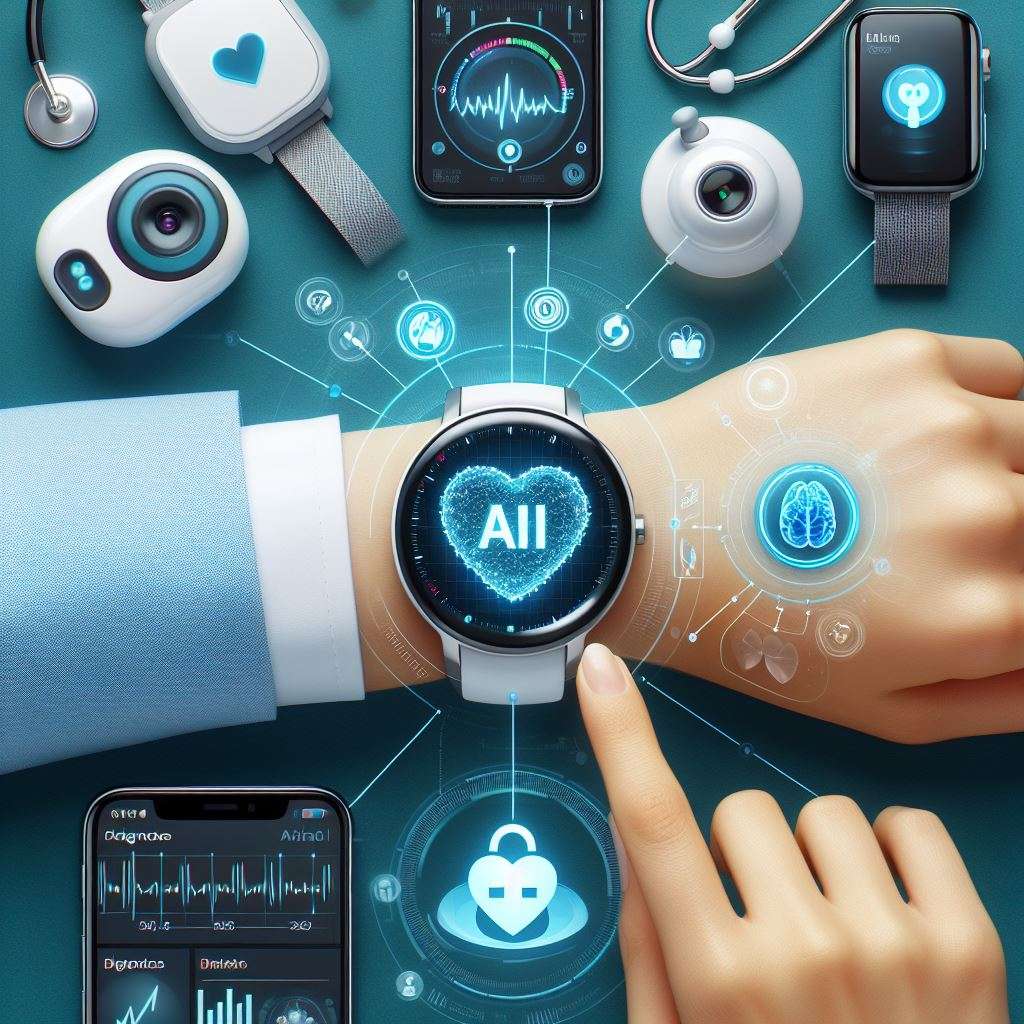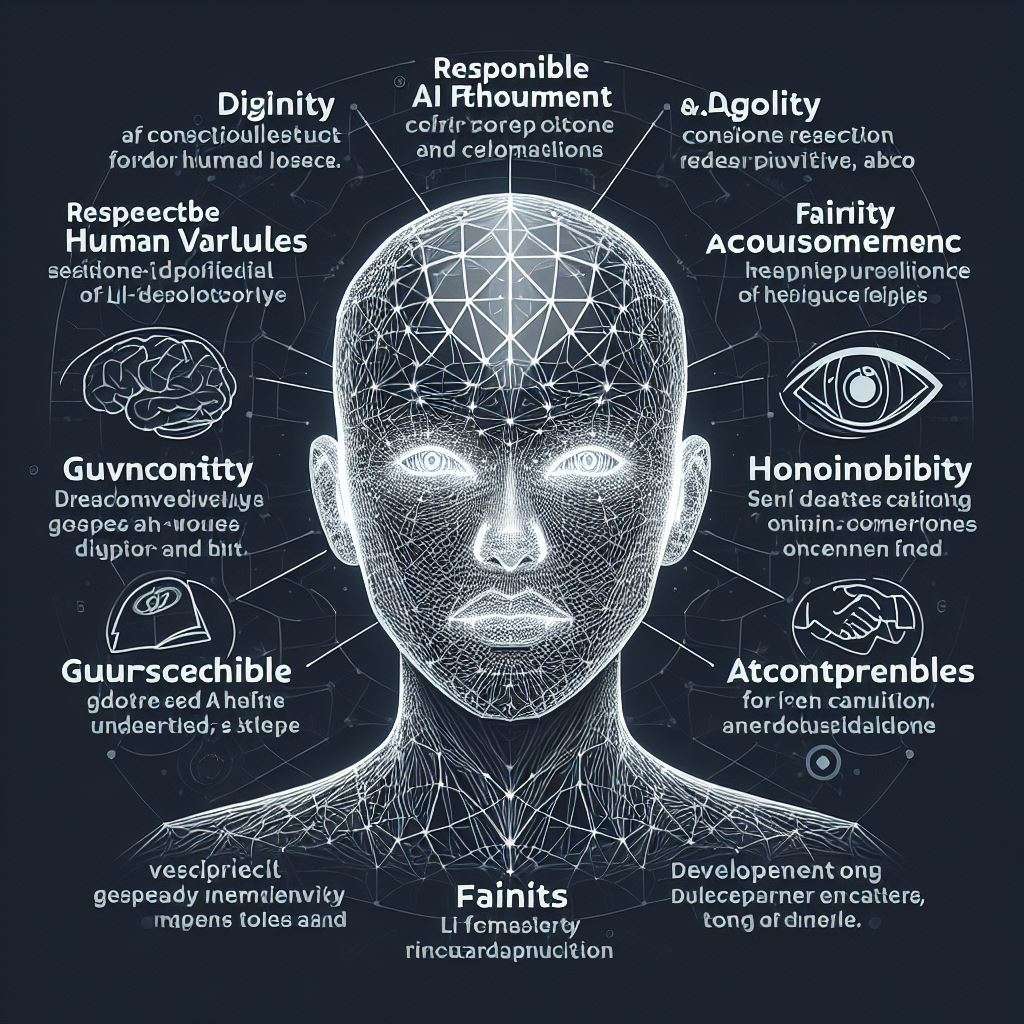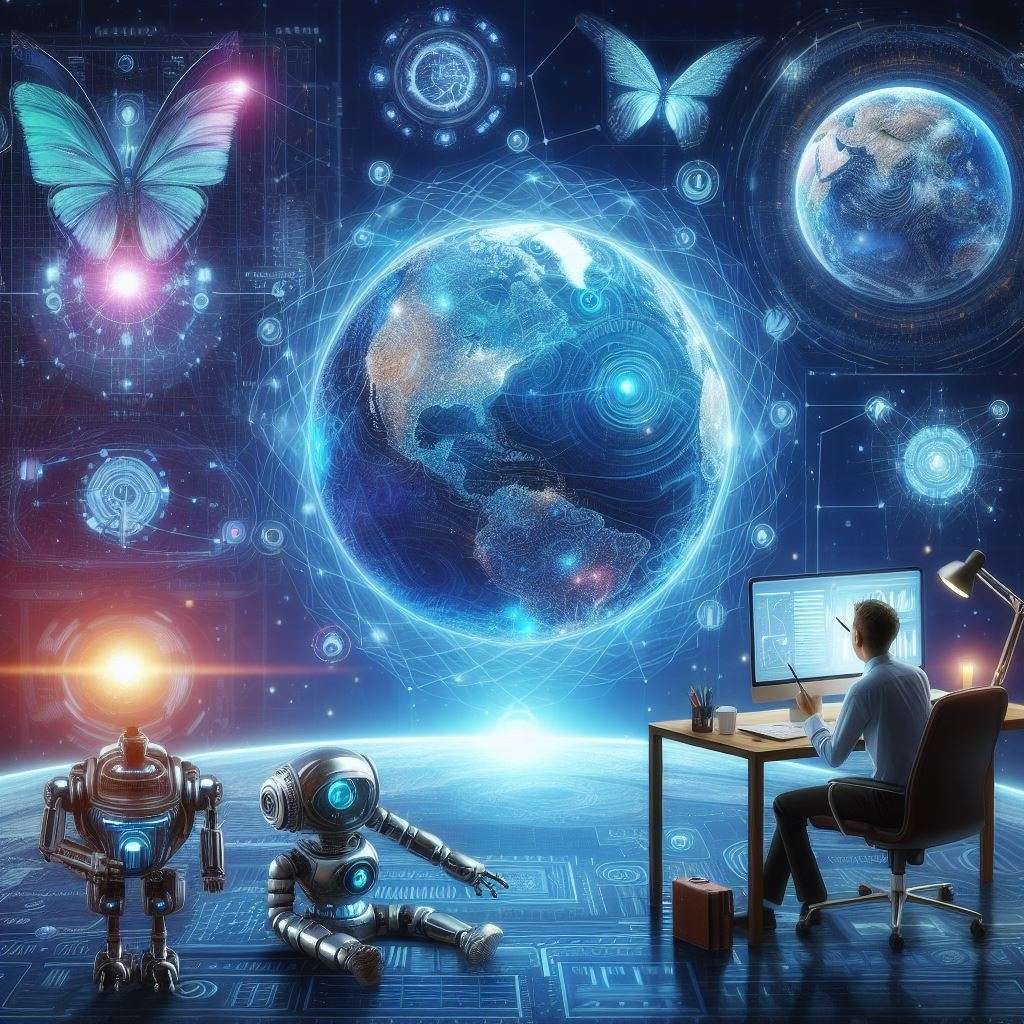Imagine listening to a symphony composed by an artificial intelligence (AI) that can capture the emotions and style of any composer. Or watching a robot perform a delicate surgery with precision and accuracy. These are not scenes from a science fiction movie, but examples of what AI can do today.
AI is the branch of computer science that aims to create machines and systems that can perform tasks that normally require human intelligence, such as reasoning, learning, and decision-making. AI has evolved from a theoretical concept to a reality that is transforming our world in various ways.
In this article, we will explore some of the most exciting and impactful AI developments happening today, and how they affect our everyday lives, our society, and our future.
AI in Our Everyday Lives
AI is already integrated into our daily routines, whether we realize it or not. From personalized recommendations to virtual assistants, AI is making our lives easier, more convenient, and more enjoyable.
One of the most common ways we interact with AI is through our smartphones, which use AI to provide us with features like face recognition, voice recognition, and natural language processing. For example, we can use our phone to unlock our device, take a selfie, ask a question, or send a message, all by using our face or voice.
Another way we use AI is through smart homes, which are devices and systems that can automate and control various aspects of our living environment, such as lighting, temperature, security, and entertainment. For example, we can use a smart speaker to play music, check the weather, or order a pizza, all by using simple voice commands.
A third way we use AI is through self-driving cars, which are vehicles that can drive themselves without human intervention, using sensors, cameras, and algorithms to navigate the roads and traffic. For example, we can use a self-driving car to commute to work, run errands, or take a road trip, all by sitting back and relaxing.

AI extends into healthcare through innovative tools utilizing data, analytics, and machine learning. AI-powered healthcare devices, like smartwatches and wearables, enable users to monitor vital signs, sleep patterns, and glucose levels. These technologies offer personalized insights and, in some cases, connect users with virtual doctors through smartphone apps. This integration of AI in healthcare facilitates proactive management of health conditions, making it a valuable contributor to personalized and accessible healthcare solutions.
AI Pushing the Boundaries
While AI is already making a difference in our daily lives, it is also pushing the boundaries of what is possible in various fields and domains, such as science, engineering, and education.
One of the most cutting-edge advancements in AI is natural language processing (NLP), which is the ability of machines to understand, generate, and manipulate human language. NLP enables applications such as chatbots, translators, summarizers, and writers, which can communicate with humans or create content in natural language. For example, we can use a chatbot to book a flight, use a translator to read a foreign text, use a summarizer to get the main points of a long article, or use a writer to generate a blog post.
Another cutting-edge advancement in AI is robotics, which is the field of creating machines that can move and interact with the physical world. Robotics enables applications such as drones, robots, and exoskeletons, which can perform tasks that are dangerous, difficult, or impossible for humans. For example, we can use a drone to deliver a package, use a robot to explore a disaster zone, or use an exoskeleton to assist a disabled person.
A third cutting-edge advancement in AI is machine learning (ML), which is the ability of machines to learn from data and improve their performance without explicit programming. ML enables applications such as facial recognition, image recognition, and speech recognition, which can identify and classify objects, faces, and sounds in images, videos, and audio. For example, we can use facial recognition to unlock our phone, use image recognition to scan a barcode, or use speech recognition to dictate a text.
The Ethical Considerations
While AI is bringing many benefits and opportunities to our world, it is also raising many concerns and challenges that need to be addressed. Some of the ethical considerations of AI include:
- Job displacement: AI may replace human workers in various sectors and industries, such as manufacturing, transportation, and retail, leading to unemployment, inequality, and social unrest.
- Bias: AI may reflect or amplify human biases, such as racism, sexism, and ageism, in its data, algorithms, and outcomes, leading to discrimination, injustice, and harm.
- Potential misuse: AI may be used for malicious or unethical purposes, such as cyberattacks, warfare, and surveillance, leading to security, privacy, and human rights violations.

Hence, it becomes imperative to conscientiously construct and execute AI systems in a manner that upholds ethical principles. Responsible AI development should prioritize respect for human values, dignity, and autonomy while guaranteeing fairness, accountability, and transparency. This ethical foundation is pivotal for ensuring the positive integration of AI technologies into society, mitigating potential risks, and fostering trust among users and stakeholders.
Conclusion
AI is no longer the stuff of science fiction, but a reality that is changing our world in various ways. AI is already enhancing our everyday lives, by making them easier, more convenient, and more enjoyable. AI is also pushing the boundaries of what is possible, by creating new possibilities and opportunities in various fields and domains. However, AI also poses many ethical challenges and risks, that need to be addressed and managed.
AI is a powerful and transformative technology, that can bring both benefits and harms, depending on how we use it. Therefore, we need to approach AI with a balance of optimism and caution, and engage in the conversation about its future. AI is not only a technology, but a reflection of our society, and a choice of our humanity.
